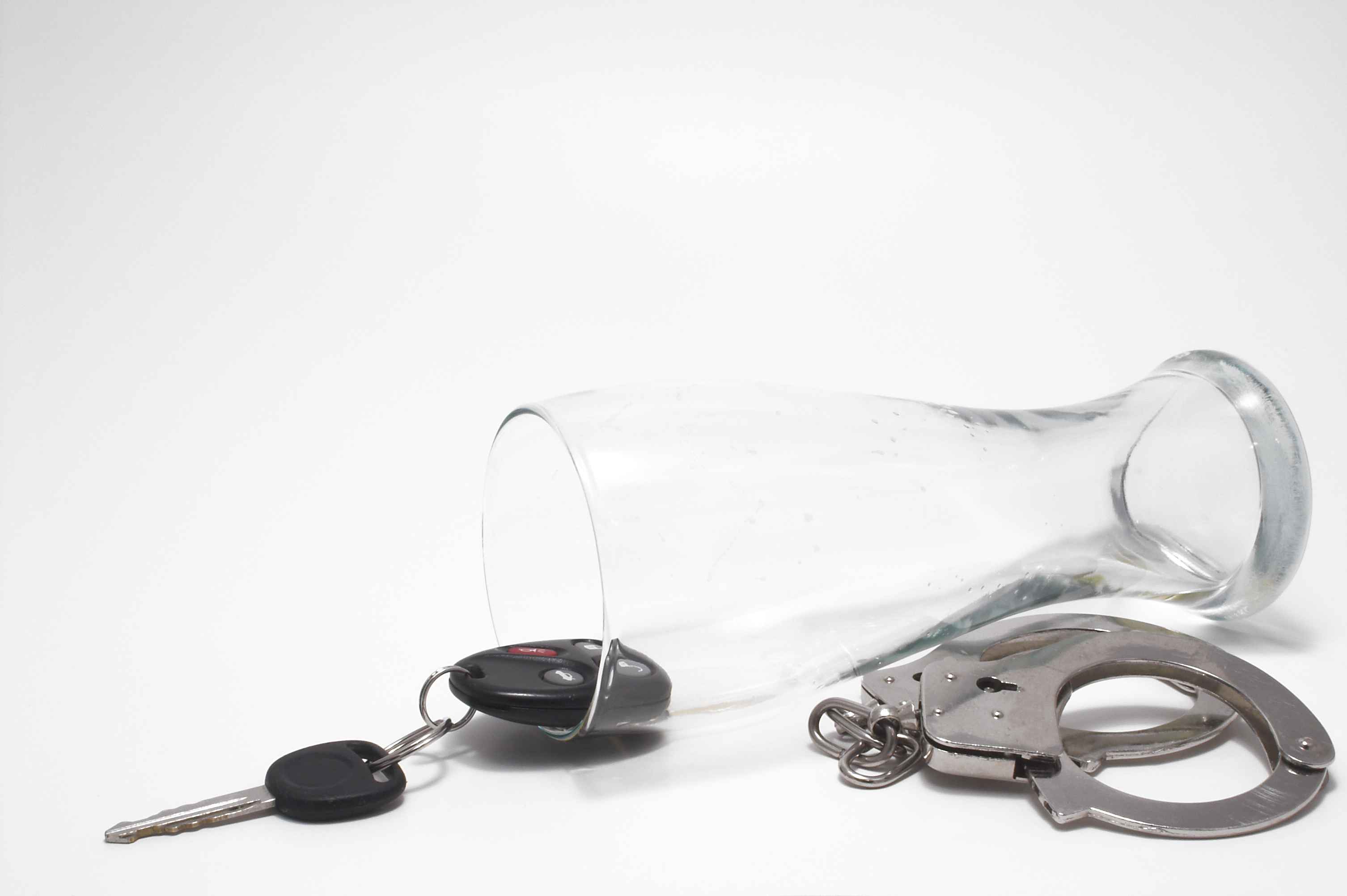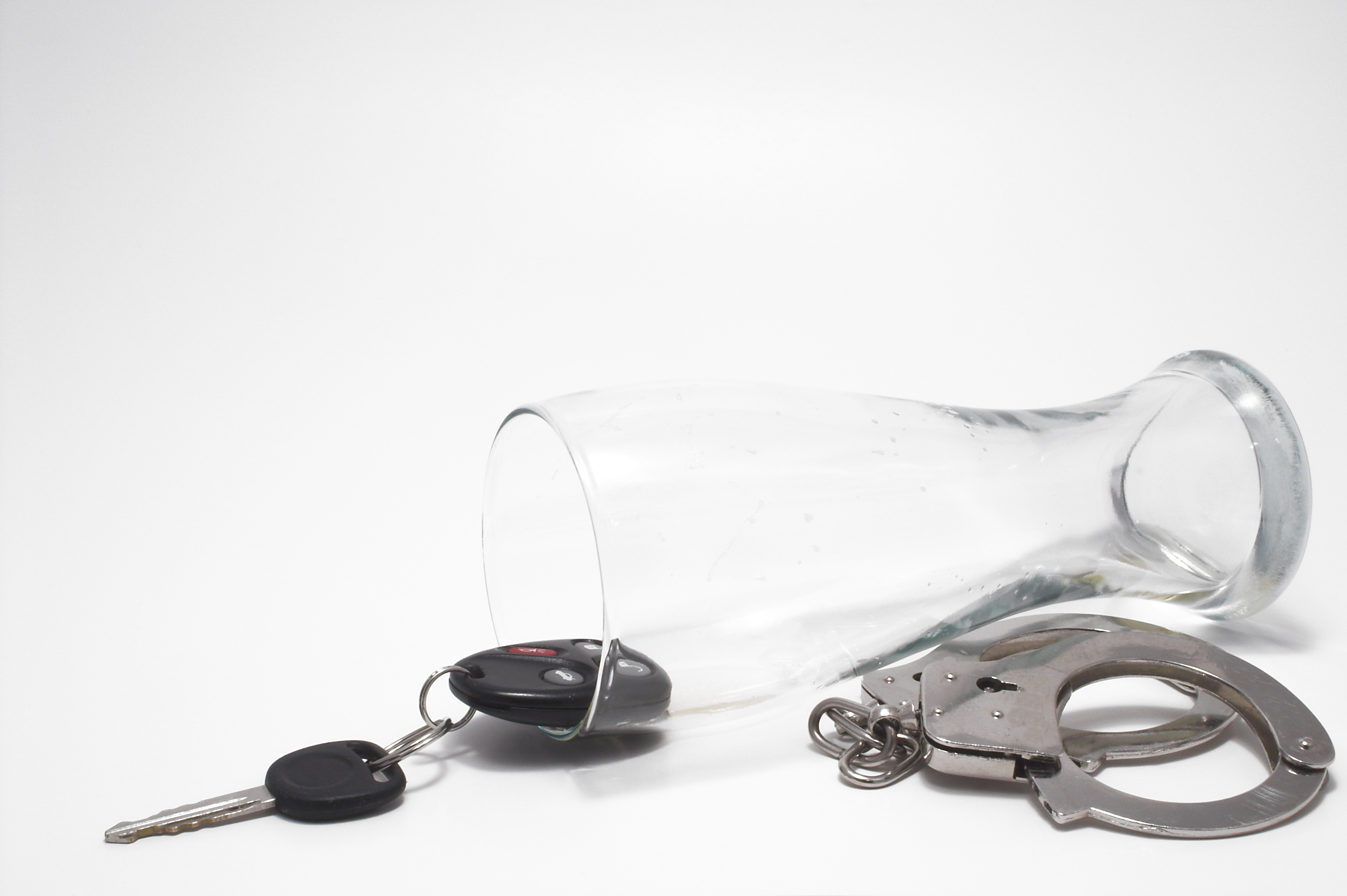
5 Things to Do Immediately If You Get Arrested For DUI
A DUI is a serious criminal offense. Although it is a misdemeanor and does not carry most of the adverse consequences of a felony conviction, drunk driving is treated differently than most other misdemeanor convictions. For instance, if you are commercial driver, a DUI conviction will likely get you terminated from your job. For all drivers, a conviction will result in suspension of driving privileges, mandatory participation in a DUI education for several months and thousands of dollars in fines, court costs and increased auto insurance premiums. If you are a multiple offender, a conviction will almost certainly result in jail time and extended loss of your driver’s license. If an injury accident resulted, you face potential felony charges because you were drinking.
If you are pulled over by law enforcement and detained, you are technically not under arrest but you are not free to simply leave the scene either. If you are pulled over at night, the officer will be looking for signs of intoxication or impairment and if you have been drinking at all, the officer may likely notice. So, if you are pulled over or arrested for DUI, here are 5 things that you should do immediately:
- Be polite, cooperative and hand over your license, registration and insurance card but do not answer any questions that can incriminate you. Consider the inevitable question that will probably get you in trouble: “Sir/Ma’am, have you been drinking?” If you had only a single drink or two but within a few hours, your blood alcohol concentration (BAC) level will not be at 0.08%, the limit at which driving becomes illegal and you can probably answer in the affirmative but only if you are certain you are not over the legal limit of 0.08%. You are, however, under no obligation to answer this question and may reply that you have been advised to not answer that question.
- Do not consent to perform any field sobriety tests (FST) or take the preliminary alcohol screening test (PAS). Again, you are under no legal obligation to perform any FST or coordination tests or take the handheld breath device (PAS) and politely decline to do so. Anyone can do poorly on the FST given the stress of the moment as well as your physical condition, which may be fatigue or a knee or back injury that can interfere with your performance. The PAS is not a reliable test and its results are not admissible in court. It will measure some percentage of alcohol and merely tells the officer that you were drinking at some point in the past few hours.
- Take the breath or blood test. Under the implied consent law, all motorists are required to submit a sample of their breath or blood (or urine) for alcohol testing if an officer has probable cause to believe the driver is under the influence. If you refuse, your driver’s license will be suspended for one year with no opportunity to obtain a restricted license, and your refusal can be used as evidence of your impairment at trial. You also face other enhanced penalties. You may not call an attorney before deciding to submit or not. The only reason not to submit may be if you have several prior DUI convictions and you now face felony charges. Otherwise, take the breath test as most lawyers consider it the more unreliable of the BAC tests and is subject to various attacks on its validity.
- Write down everything that happened in detail. This includes where you were drinking, who was present, number of drinks, length of time, driving conduct that was noticed by the officer, what was said by you and the officer and your performance on any FST or PAS if you did take them. Also, detail the events and time from arrest to your taking the breath test, if you had trouble providing a sample and if there were any malfunctions.
- Promptly retain an experienced DUI lawyer. Successful DUI lawyers handle hundreds of DUI cases each year and have considerable trial experience at the Per Se or administrative hearings regarding the suspension of your driver’s license as well for the criminal proceeding. Call an attorney immediately as you have to request a Per Se hearing within 10 days of issuance of the temporary license the arresting officer will give you or you will waive your right to challenge your license suspension. Your lawyer will advise you of possible defenses and the procedure at the Per Se hearing. In many cases, DUI lawyers with years of practice in this specialized area of criminal defense can get cases dismissed, BAC results thrown out of court and pleas negotiated that will save you from jail and other adverse consequences from a DUI conviction.



